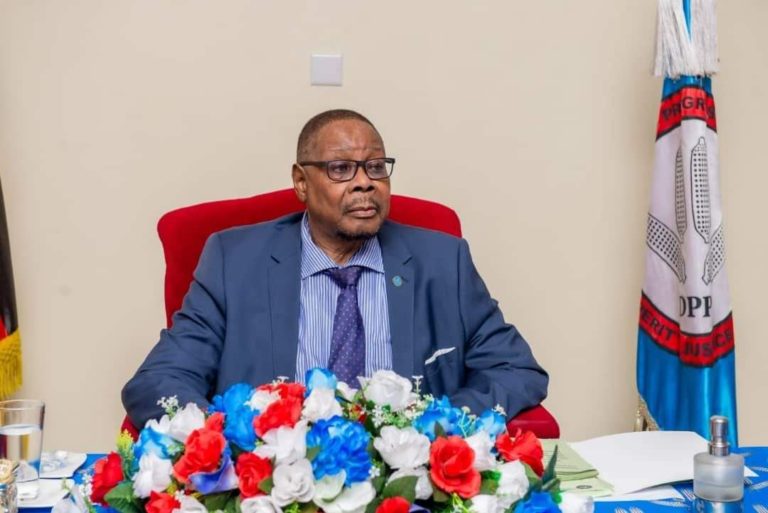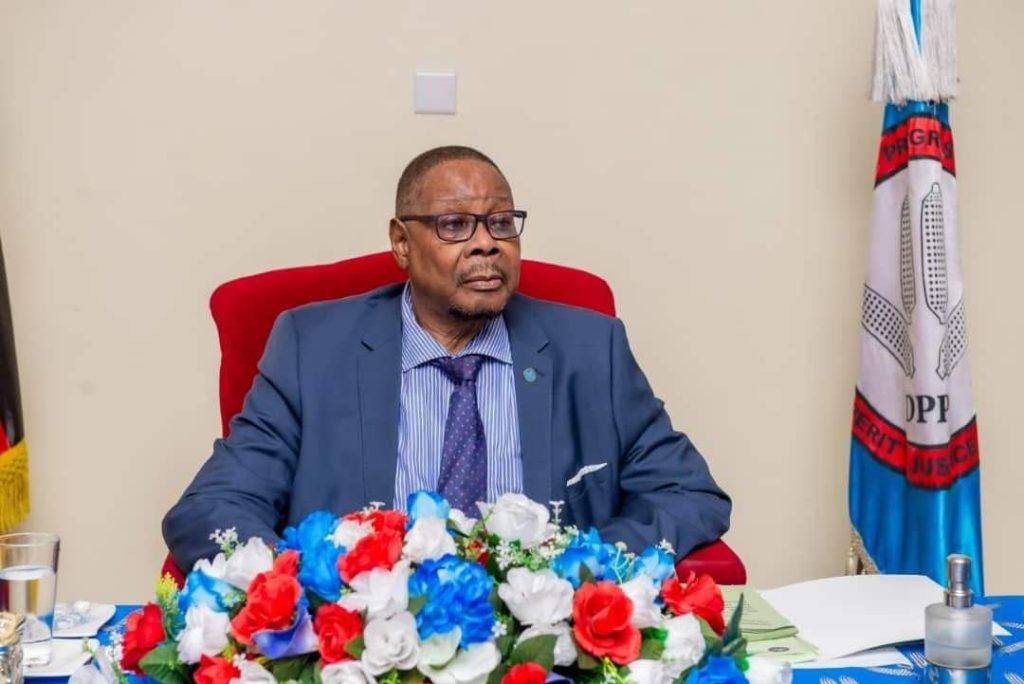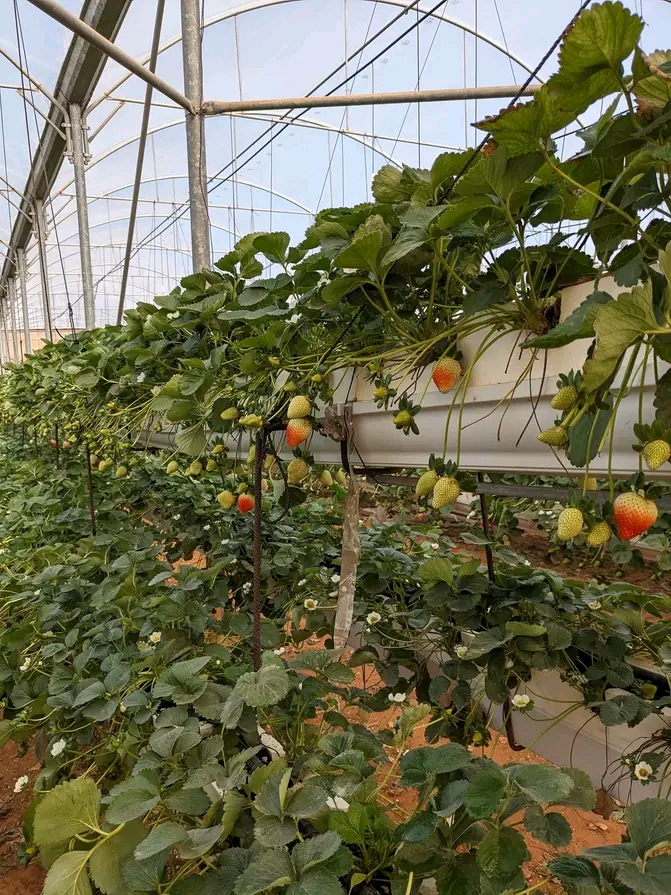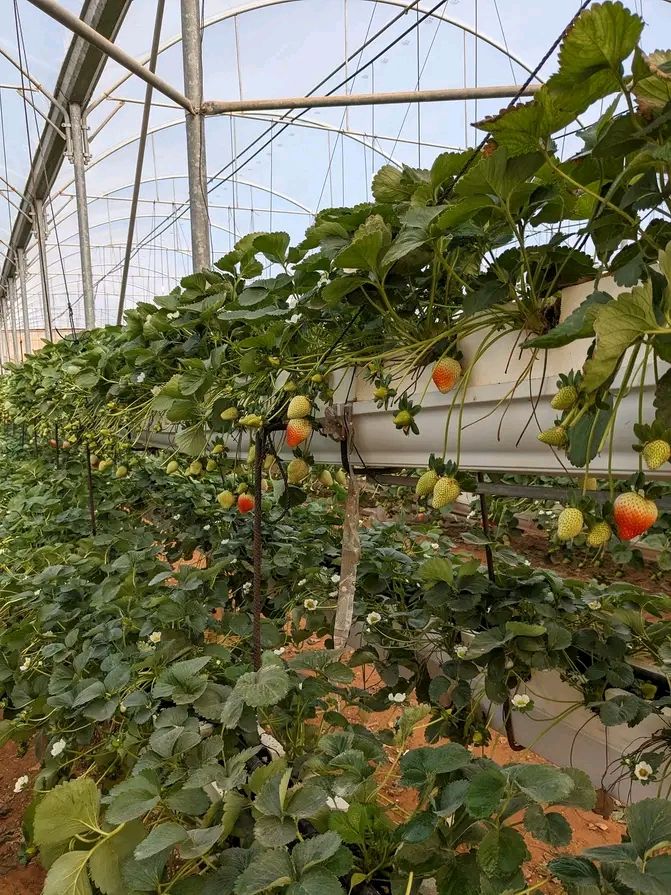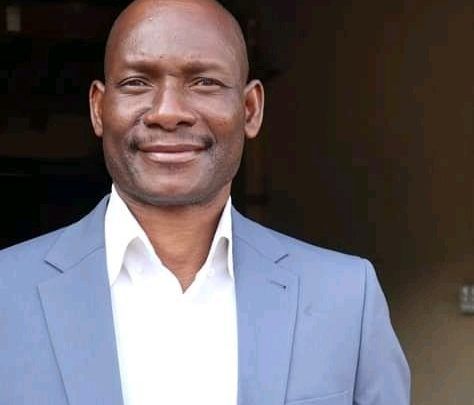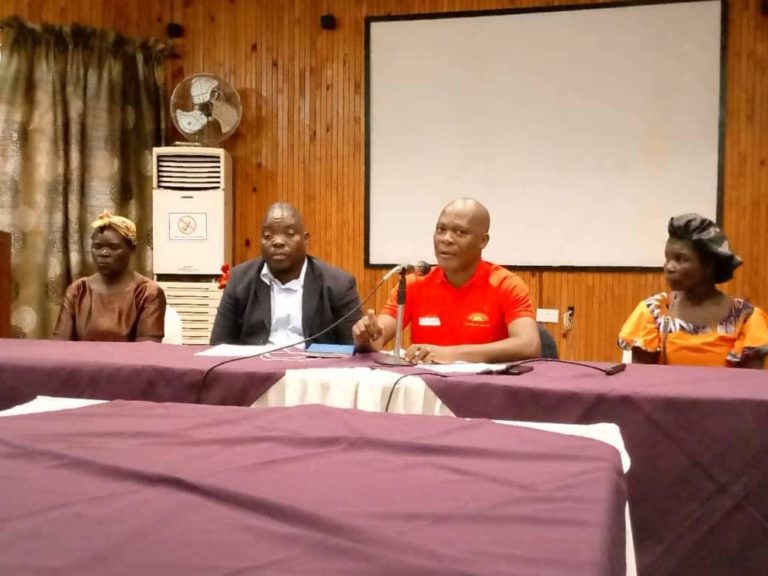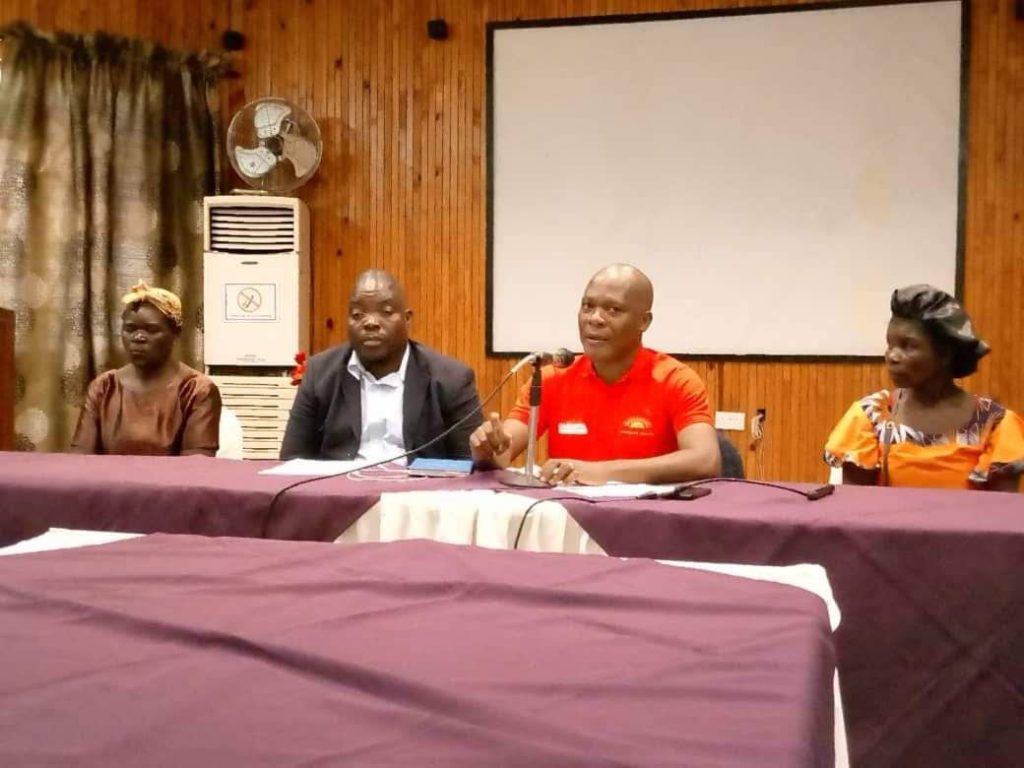By Twink Jones Gadama
In a groundbreaking move, Domasi College of Education (DCE) has joined hands with the National Council for Higher Education (NCHE) to revolutionize its student selection process. The partnership, announced by Dr Yambani, DCE’s Principal, during the orientation of the new SRC members, aims to align the college’s admission procedures with NCHE’s standard approach. This collaboration marks a significant departure from DCE’s long-standing tradition of conducting entrance examinations, replacing it with NCHE’s merit-based selection system. The decision is expected to streamline the student enrollment process and bring it in line with other public higher education institutions in Malawi.
The New Student Selection Process
NCHE’s student selection process, currently employed by all public universities in Malawi, solely relies on Malawi School Certificate of Education (MSCE) grades. Instead of conducting entrance examinations, DCE will now consider the students’ MSCE grades, specifically those accumulated in line with the desired program of study. This merit-based approach will ensure a fair and consistent evaluation of prospective students, eliminating the need for entrance exams and streamlining the admission process. Under this system, students with excellent academic performance will have a better chance of gaining admission into their preferred program at DCE.
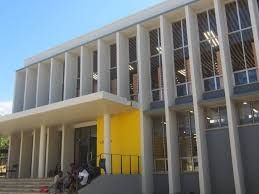
NCHE’s Commitment to Timeliness
To ensure a smooth transition, DCE has been assured by NCHE that the selection list will be made available by May, coinciding with the start of the new academic year. This commitment from NCHE plays a crucial role in maintaining the college’s academic calendar. Dr Yambani, however, acknowledged the possibility of a delay in the release of the selection list, which may disrupt the college’s schedule. He advised the new SRC members to exercise patience in such cases. Nonetheless, this partnership exhibits NCHE’s dedication to the timely processing of student selection and points towards a positive step in avoiding unnecessary delays.
Implications for Financial Support
One of the key advantages of DCE’s recognition by NCHE is its potential impact on the provision of student financial support. The Higher Education Students Loans and Grants Board (HESLEGB), responsible for providing upkeep allowances, has been offering limited financial assistance in recent years. This has hindered many deserving students from receiving the support they need to pursue their studies. HESLEGB’s decision to provide upkeep allowances was influenced by factors such as the availability of free meals and accommodation offered by DCE. However, with NCHE’s recognition, it is expected that the mist surrounding the provision of financial support will be clarified, benefiting a greater number of deserving students.
Continued Autonomy in Other Programs
While DCE has adopted NCHE’s student selection process for generic students, the college will independently continue recruiting students for Mature Entry and Economic Fee paying programs, as well as any other programs not covered under the generic category. This ensures that DCE maintains its autonomy and flexibility in selecting students for specialized programs, catering to a diverse range of educational needs within the institution.
NCHE’s Crucial Role in Education
The role of NCHE in harmonizing student selection across public higher education institutions is of utmost significance. As the sole authority responsible for ensuring a streamlined and consistent selection process, NCHE’s mandate directly impacts the future of aspiring students and the overall education system in Malawi. Since 2014, NCHE has actively worked towards harmonizing student selection across public universities, reinforcing its commitment to a fair and transparent selection process.
Conclusion
The partnership between DCE and NCHE demonstrates a significant step forward in aligning the college’s admission process with national norms. By embracing NCHE’s merit-based student selection system, DCE aims to streamline its enrollment process and provide opportunities for deserving students to access higher education. This collaboration not only abolishes entrance exams at DCE but also elevates the college’s status within the public higher education landscape of Malawi. With a clear vision for a more efficient and equitable student selection process, DCE and NCHE are forging a path towards a brighter future for education in Malawi.


